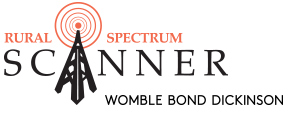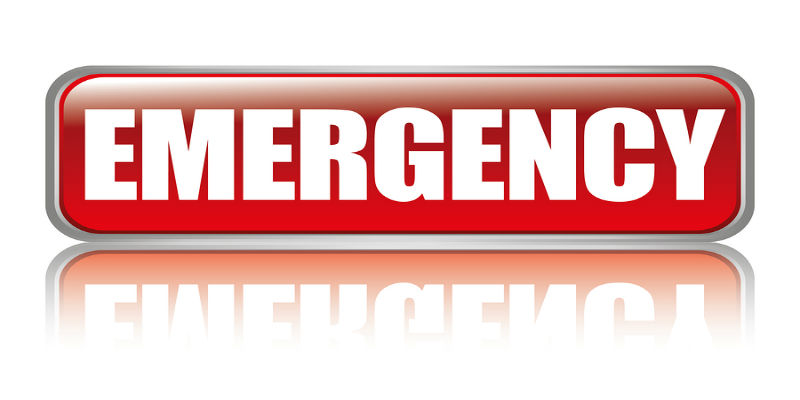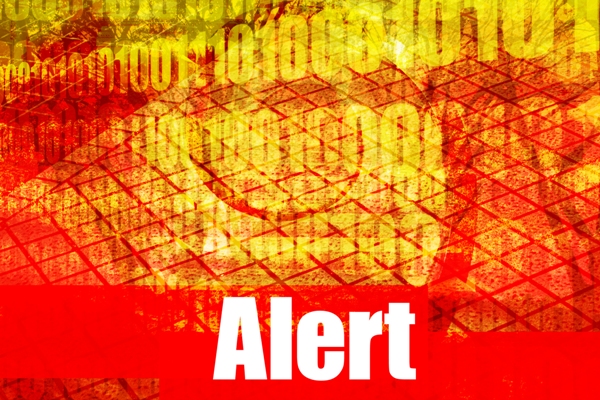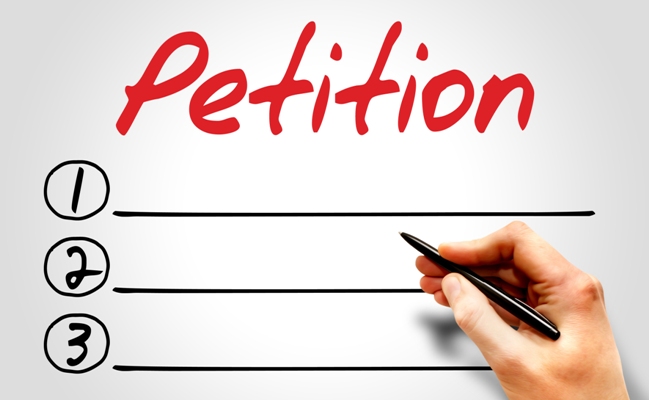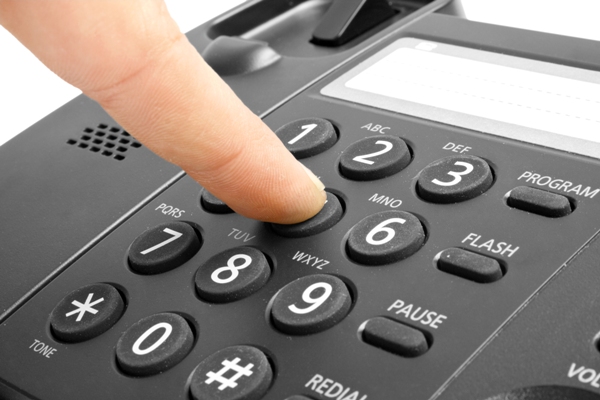The FCC in a Declaratory Ruling has confirmed that both schools and utility companies may lawfully make robocalls and send automated texts to student family and customer wireless phones, respectively, for situations affecting health and safety under the emergency purpose exception or with prior express consent without violating the Telephone Consumer Protection Act (TCPA). For school callers, the FCC confirmed that schools may lawfully make autodialed calls and send automated texts to student family wireless phones without consent for emergencies including weather closures, fire, health risks, threats, and unexcused absences. For utility companies, the FCC clarified that utility companies may make robocalls and send automated texts to their customers concerning matters closely related to the utility service, such as a service outage or warning about potential service interruptions due to severe weather conditions, because their customers provided consent to receive these calls and texts when they gave their phone numbers to the utility company. The FCC further clarified that non-emergency robocalls and automated texts are lawful only if the caller has prior express consent. The FCC declined to extend the TCPA’s prior consent to every automated call made by an educational organization or utility where the purpose was not reasonably and closely related to school mission and/or utility service (i.e., community or school activities, or post-service termination debt collection). The FCC issued its declaratory ruling in response to petitions filed by Blackboard, Inc., Edison Electric Institute, and the American Gas Association.
Wednesday, December 17, 2025
Womble Bond Dickinson,” the “law firm” or the “firm” refers to the network of member firms of Womble Bond Dickinson (International) Limited, consisting of Womble Bond Dickinson (UK) LLP and Womble Bond Dickinson (US) LLP. Each of Womble Bond Dickinson (UK) LLP and Womble Bond Dickinson (US) LLP is a separate legal entity operating as an independent law firm. Womble Bond Dickinson (International) Limited does not practice law. Please see www.womblebonddickinson.com/us/legal-notices for further details.
© Womble Bond Dickinson (US) LLP
